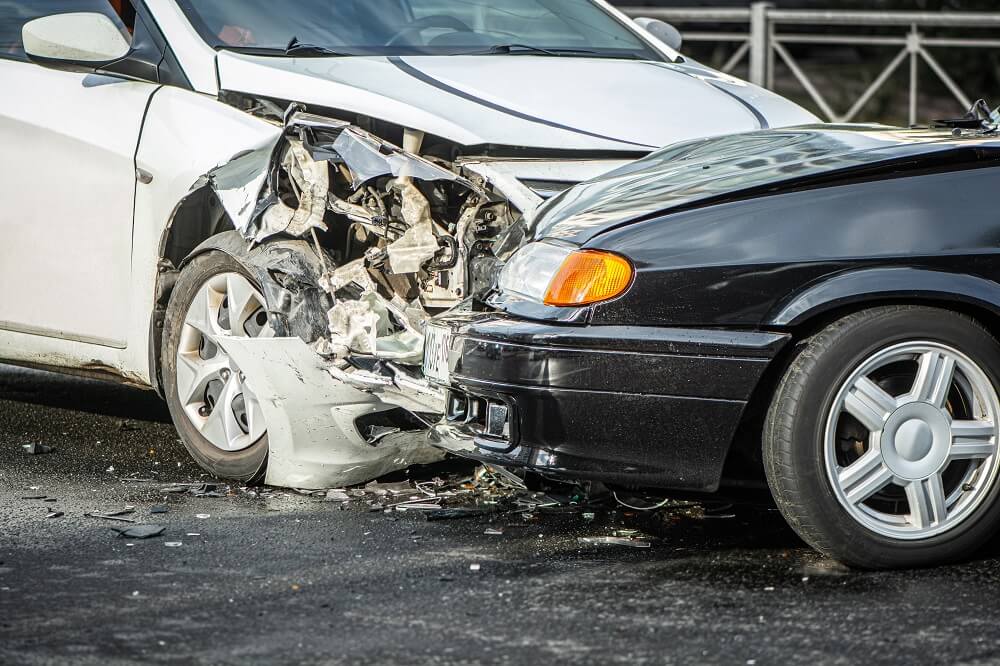Introduction
Accidents happen. Even the most cautious drivers can find themselves in a collision. It’s a stressful and often chaotic experience, but knowing the right steps to take can make a significant difference in the aftermath. Here’s a straightforward, step-by-step guide to help you navigate the immediate aftermath of a car accident.
1. Ensure Safety First
Your safety and the safety of others involved is the top priority.
- Check for Injuries: Before anything else, check yourself and passengers for injuries. If anyone is hurt, call 911 immediately.
- Move to Safety: If the accident is minor and it’s safe to do so, move your vehicle to the side of the road to avoid blocking traffic and reduce the risk of another collision.
2. Call the Authorities
Even if the accident seems minor, it’s essential to get a police report.
- Contact the Police: Call the police and report the accident. They will document the scene and create an official accident report, which can be crucial for insurance claims.
- Provide Accurate Information: When the police arrive, provide them with an accurate account of what happened. Avoid admitting fault or blaming others; just state the facts as you know them.
3. Exchange Information
Gathering the right information is vital for insurance claims and potential legal actions.
- Driver Details: Exchange names, addresses, phone numbers, driver’s license numbers, and insurance information with the other driver(s) involved.
- Vehicle Information: Note the make, model, year, license plate number, and VIN (Vehicle Identification Number) of all vehicles involved.
- Witnesses: If there are witnesses, get their names and contact information. Their statements could be helpful later.
4. Document the Scene
Accurate documentation can help with insurance claims and legal issues.
- Take Photos: Use your smartphone to take photos of the accident scene, vehicle damage, license plates, and any relevant road conditions or traffic signs.
- Note the Details: Write down the time, date, location, weather conditions, and any other pertinent details about the accident.
5. Notify Your Insurance Company
Promptly informing your insurance company can expedite the claims process.
- Report the Accident: Contact your insurance company as soon as possible to report the accident. Provide them with all the information you’ve gathered.
- Understand Your Coverage: Review your insurance policy to understand your coverage and the steps required to file a claim.
6. Seek Medical Attention
Even if you feel fine, it’s crucial to get checked out.
- Visit a Doctor: Some injuries, like whiplash or internal injuries, might not be immediately apparent. A medical professional can assess and document any injuries.
- Follow-Up: Follow any medical advice or treatment plans provided by healthcare professionals.
7. Keep Records
Organized records can be essential for insurance and potential legal proceedings.
- File Documentation: Keep all documents related to the accident, including the police report, medical records, repair estimates, and correspondence with your insurance company.
- Track Expenses: Document any expenses incurred due to the accident, such as medical bills, repair costs, and rental car fees.
8. Understand Your Legal Rights
Knowing your rights can protect you from further complications.
- Consult an Attorney: If the accident involves significant damages, injuries, or disputes, consider consulting a personal injury attorney. They can help you understand your rights and navigate the legal aspects.
9. Repair Your Vehicle
Getting your car back in working order is a critical step in moving on.
- Get Estimates: Obtain repair estimates from multiple auto shops to ensure fair pricing.
- Choose a Repair Shop: Use a reputable repair shop, and check if your insurance company has preferred providers.
10. Learn from the Experience
While accidents are unfortunate, they can be learning opportunities.
- Reflect on the Incident: Think about what happened and if there’s anything you could do differently to prevent future accidents.
- Improve Your Skills: Consider taking a defensive driving course to enhance your driving skills and reduce the risk of future collisions.
Conclusion
Accidents are stressful, but following these steps can help you stay calm and ensure that you handle the situation properly. Safety, thorough documentation, and clear communication with your insurance company and authorities are key to navigating the aftermath of a collision effectively. Stay prepared, stay safe, and drive smart. Check our collision repair service by clicking the button below








